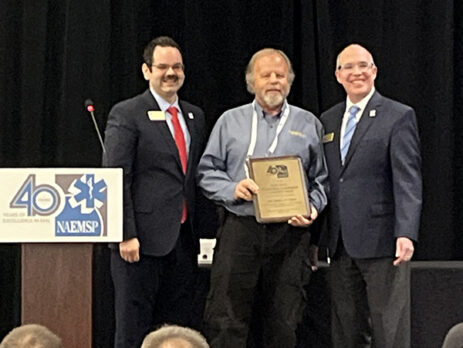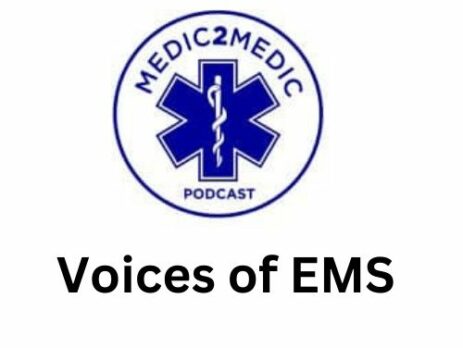Jenny Abercrombie2024-10-09T10:12:46-07:00The upcoming presidential election will be a wild adventure for the U.S. (as well as future elections everywhere). In addition to deciding our vote, those of us in emergency services need to prepare for all kinds of election-related disruption. During this webinar, Bill Ott, the Cybersecurity Strategist for FirstWatch, will address: Cybersecurity Threats, Polling Place Safety, Election-Related Violence, Post-Election Unrest, Foreign Interference, and Voter Intimidation and Harassment. Our Data Analyst, Valerie Popovich, will also show you how geofencing and triggers...








